Annulment of Underage Marriage in the Philippines 2023

When one of the partners is too young, an underage marriage can be annulled.
You can only be validly married if you are above a certain age.
However, what happens if you married earlier? Is the marriage valid?
No, but you still have to go through annulment to actually end it.
What age should I be? 18, unless you got married before 1988, where you had to have been 16.
For people ages 18 to 21, you need written parental consent or a notarized Affidavit of Parental Consent.
If you do not have parental consent and you married, your marriage can be ended for lack of parental consent (but only if you end the marriage within 5 years after attaining the age of 21)
How do I prove that I was younger than 18 when I was married?
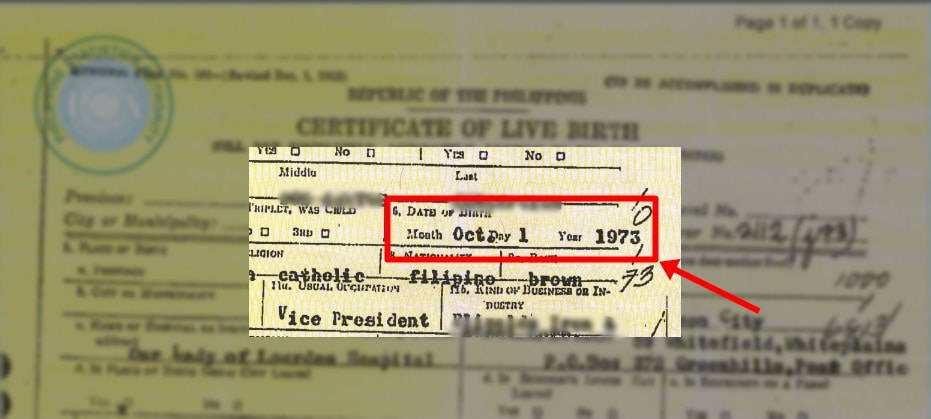
A birth certificate is the primary proof of a person’s age
To prove that you were younger than 18 years old at the time of your marriage you can present your birth certificate, baptismal records, school records and any other institutional records that would prove your age.
Additional proof that you were underage when you married could be the testimony of witnesses and photos with dates. These can support your case.
Remember that the court will consider documentary proof from government institutions or private institutions like banks, schools or hospitals over witness testimony and photos.
Although documentary proof is harder to get, it ensures a stronger case.
It is better to prepare the strongest evidence you can because it is very hard to add evidence later on.
And if an annulment is denied on its grounds, then an annulment can never be filed again.
So, it is better to take a lot of time at the beginning of the case to prepare the evidence.
(Incidentally, this is why there are acceptance fees. A lawyer needs time to assess the case and its evidence and recommend what other documents you need to gather, and that takes time.)
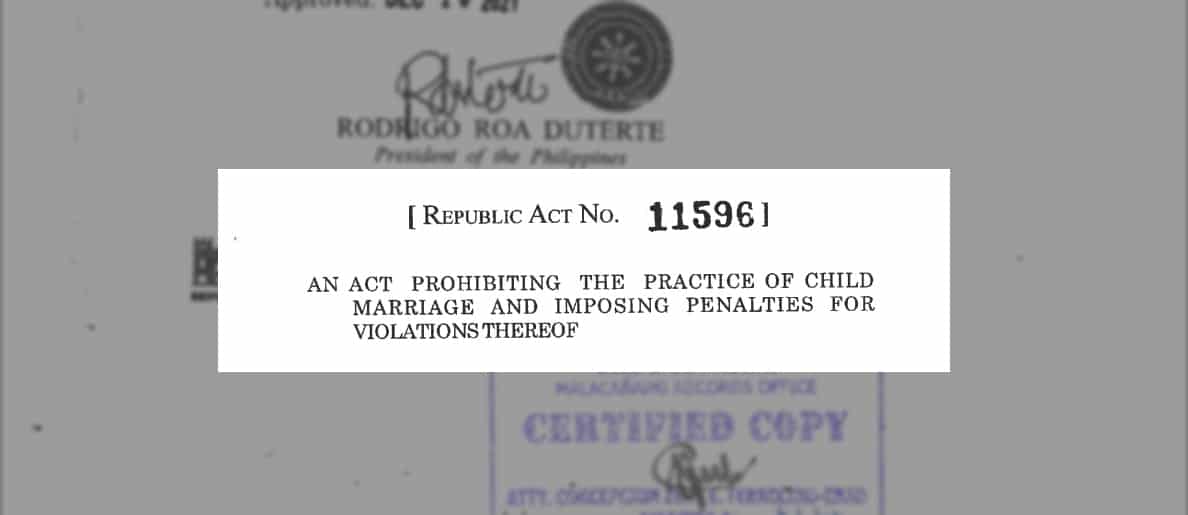
If convicted, a person will face at least 6 years of jail time and not less than 40,000 pesos fine.
Note that the passage of the Republic Act (R.A.) No. 11596 or the Act Prohibiting the Practice of Child Marriage and Imposing Penalties has made things a little complicated.
This law criminalized anyone who married someone underage.
In theory, this is supposed to protect children against child predators.
However, it also had the side effect of criminalizing an underage marriage where one was slightly older than the other – for example, a twenty-two year old who married a seventeen year old.
(And it wouldn’t be the lawyer who criminalizes the guilty party, it would be the government assigned prosecutor who is attached to every Annulment case).
If this is your situation, please consult with a Family lawyer first before filing a case.
What if I have 2 birth certificates? I used the late registered one with the earlier birth date.
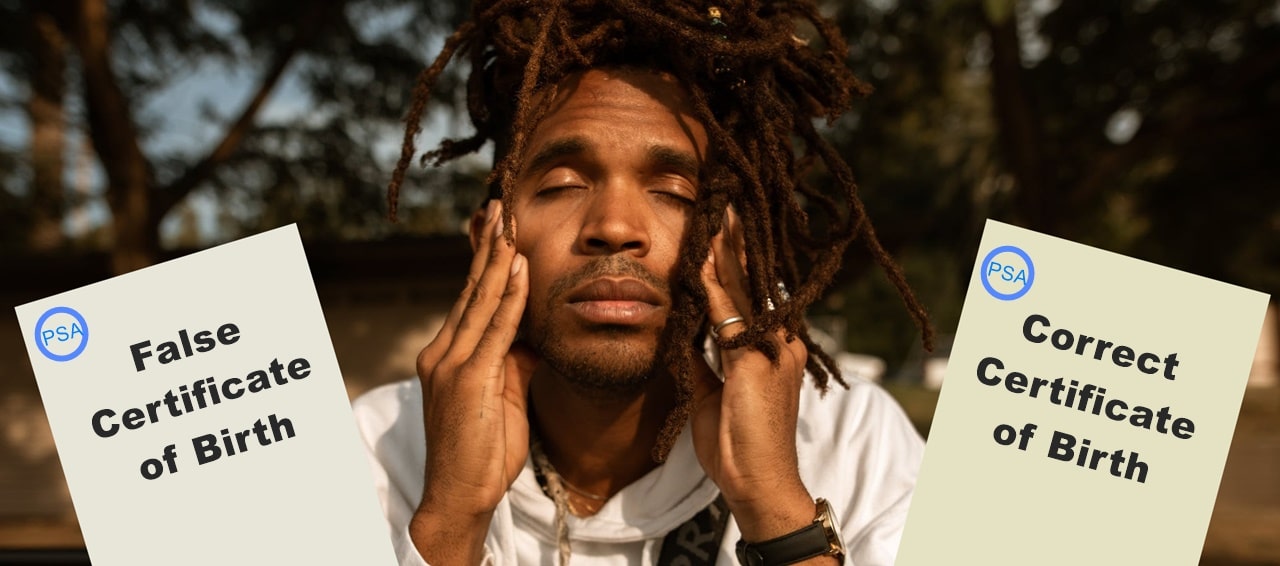
This can occur given that people try to register 2 birth certificates. Do not do this, as 2 birth certificates will just cause you more problems.
You have to prove that you used the wrong and false birth certificate.
You can do this by asking for the hospital records of where you were born, baptismal records, and school records.
You can also show other documents that would help the case. These would be your parent’s marriage certificates, your siblings’ birth certificates (for example, your sibling’s birth certificate shows that she was born one month after you which is clearly impossible) and other such documents.
Note that a PSA document is a public document.
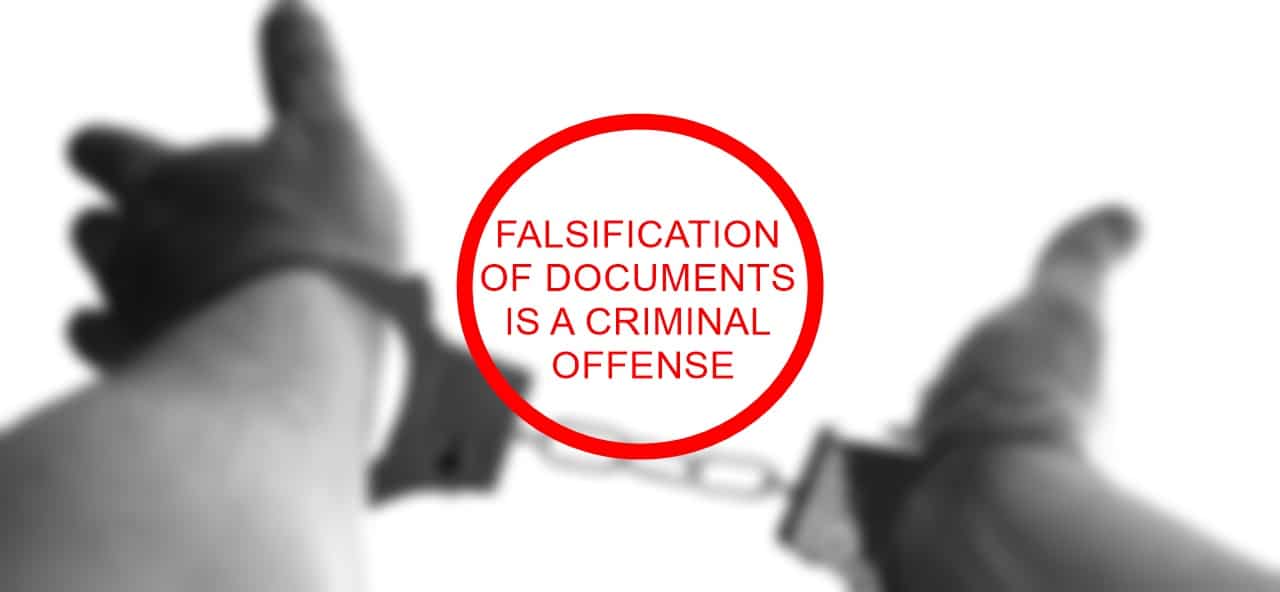
Asking help from a “fixer” for “faster” transaction will only put you at risk of having forged documents.
Falsification of a public document can lead to criminal charges for the person responsible for submitting the wrong information.
You may also be criminally liable if proven that you knowingly submitted the incorrect birth certificate when you got your marriage license.
Consult with a family lawyer to determine what to do in your case, since it is important to get good advice from the beginning to avoid issues.
What if the details of the marriage license application are false?
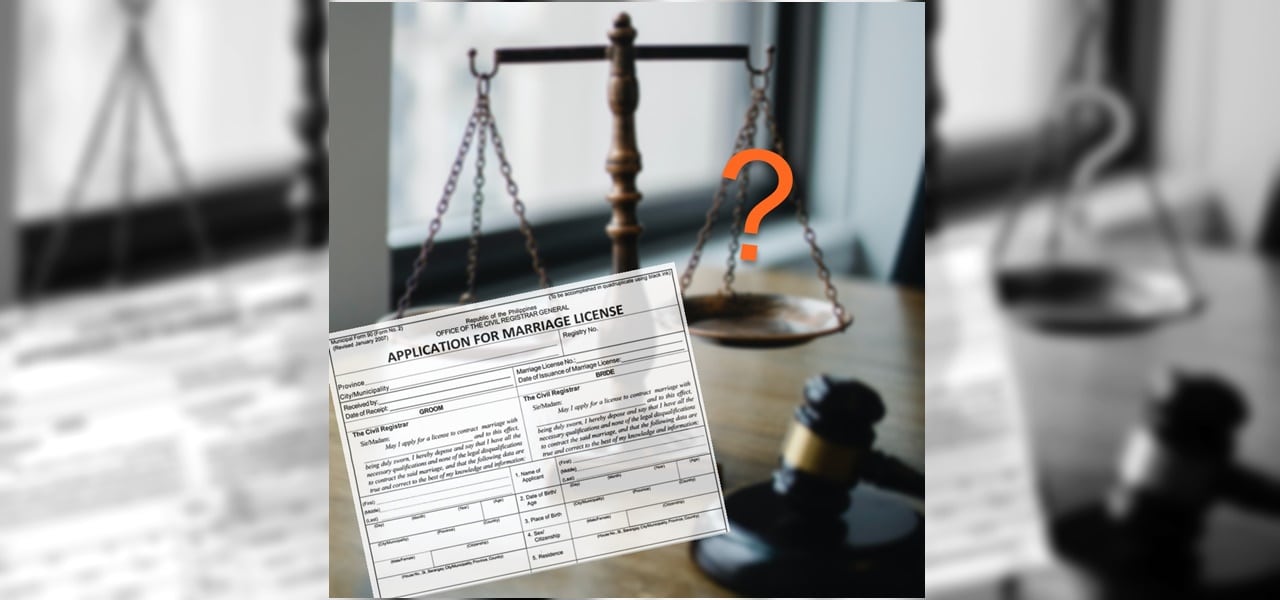
Many people do not know that the 5,000 pesos they give to “fixers” is nothing compared to the criminal consequences they may get later on.
You would have to prove that the information was falsified.
If your date of birth was falsified on the marriage license application to make it appear you were older than 18, you have to prove it so that it can be used as a ground.
Again, you will need to show hospital records, baptismal records, school records or any other record that will prove your actual year of birth.
If proven that the information given was false, your marriage license would be invalid as you would be underage.
However, be aware that the people who supplied the wrong information may be liable for criminal charges for falsifying details on a marriage license application.
Consult with a Family lawyer if this is the situation, so as to avoid prosecution.
What is Parental Consent and when is it needed?

Parental consent is different from parental advice
Proof of Parental Consent is needed when you marry and you are 18 to 21 years old.
Your parents or guardian will need to do one of 2 things.
They can put in an appearance before the civil registrar.
They can also submit a notarized Affidavit of Parental Consent with two people witnessing the consent of the parents. It must be signed by your father, mother, surviving parent or guardian, or persons having legal charge over you, in that order.
The parental consent will be recorded or attached as an annex in the marriage license application before you get your marriage license.
What if I married without Parental Consent?

A voidable marriage is valid until annulled
If you married without parental consent, the marriage is valid but can be ended.
So, for example, if your parents did not give consent you can end the marriage based on that so long as you were from 18 to 21 when you married and you filed 5 years from 21.
If you filed after 5 years from when you were 21, you can no longer use lack of parental consent as a ground.
You might have to use psychological incapacity instead.
Consult with a family lawyer in this case to determine the correct legal strategy to use.
It’s better to have good advice in the beginning to avoid your case being damaged or having unintended consequences.
What case do I file if I was married when underage?
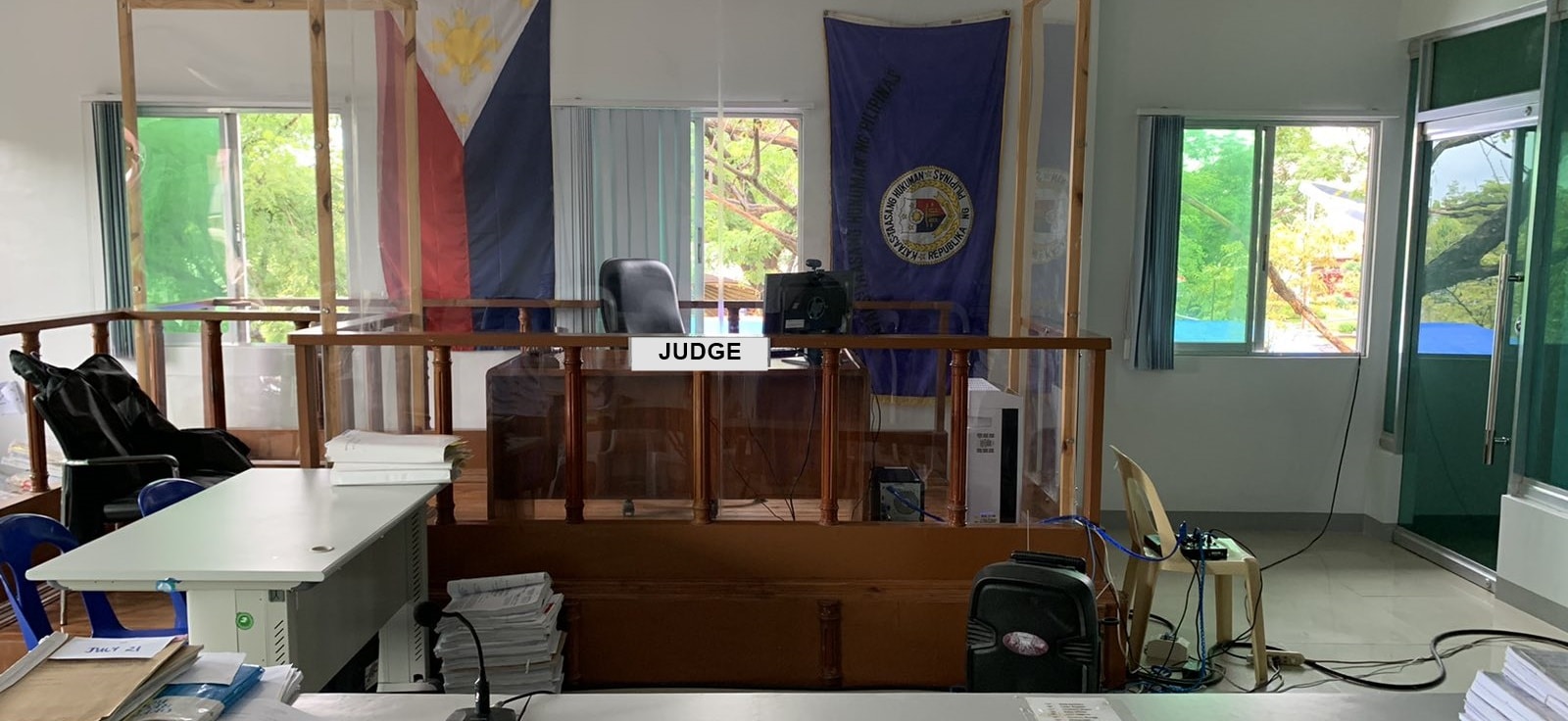
Annulment and Declaration of Nullity of Marriage are two different cases, although they are often confused
The person married below 18 years old is void from the beginning, even with parental consent.
The legal term for the case is Petition of Declaration of Nullity of Marriage.
This type of case means your marriage is void from the start since being a minor means there is a lack of legal capacity to contract marriage at the time of the ceremony.
People who under the age of 18 are seen as children and do not have the ability to enter into such a serious and heavy contract at that age.
On the other hand –
If you married between 18 to 21, you the legal term for the case is called Annulment. Annulment means that your marriage is valid but can be voided.
These are legal differences that lawyers understand; for the most part, most people call both cases Annulment since they are both court cases that end a marriage.
How do I start an Annulment case if I was underage when I married?

Consult a legitimate lawyer only and visit their law office as much as possible to check.
You will need to decide if you have enough evidence to prove that you were younger than 18 at the time of your marriage. This should be done with a lawyer to avoid the possible criminal charges of the Act Prohibiting the Practice of Child Marriage and Imposing Penalties.
Find a lawyer you can trust.
Your lawyer will be the one filing your petition and attending to the legal requirements, so it is important to find someone who is reliable.
Also, make sure that all the details of your marriage is complete.
Your family lawyer will not be able to do the job properly if some of your details are incorrect or made up.
Your lawyer will be need the following:
- Your marriage certificate,
- Proof of residence for the last 6 months such as a lease contract or land title, government issued IDs, utility bills.
- A barangay certificate with a sketch showing where you live
- If you have children, their birth certificates
- 2 witnesses who can attest your underage status at the time of your marriage
- Proof of your age such as birth certificate, baptismal certificate, school records, etc.
- Other proof depending on the situations we talked about above
What are the steps in a Declaration of Nullity of Marriage case if I married when I was younger than 18?

The process may take more than 3 years to complete
Your lawyer will first need to assess the evidence.
Your lawyer will then draft your petition once all the important details and documents are ready. This includes speaking with your witnesses who will be testifying for you. Make it a point to check the petition before it is submitted to make sure all the details are correct.
Your case will be submitted at the family court of where you lived for the last 6 months before filing. A judge will be assigned to your case, who will then assign a prosecutor to conduct a collusion investigation.
This means both parties named in the petition will be investigated to make sure that there was no agreement to make the case easier by submitting false facts for a more favorable and speedy outcome.
The judge will also be scheduling a pretrial for your petition. This is when the details of your marriage are discussed before the actual trial.
Attendance is a must. A non-appearance may have your petition dismissed even before the actual trial.

Be in the court at least 30 minutes before your hearing schedule and avoid using gadgets inside the court.
Once all the pre-trial details are finished, the judge will schedule your hearing. This is when all the evidence and proof are presented in court and when all the witnesses are heard.
You may be called to the hearing more than once depending on the judge as some want additional testimony.
After the hearings, you must wait for the decision of the court. This may take between 90 days or more.
If your petition is granted, wait for 15 days from the receipt of the service of the judge’s decision. This period is given in case other parties raise an objection.
If there is no appeal or motion to reconsider submitted by the other party you will then be able to get a Certificate of Finality from the court. You also need to endorse the decision with the PSA and the LCR to update your records.
How do I file an annulment if I married without Parental Consent from 18 to 21?
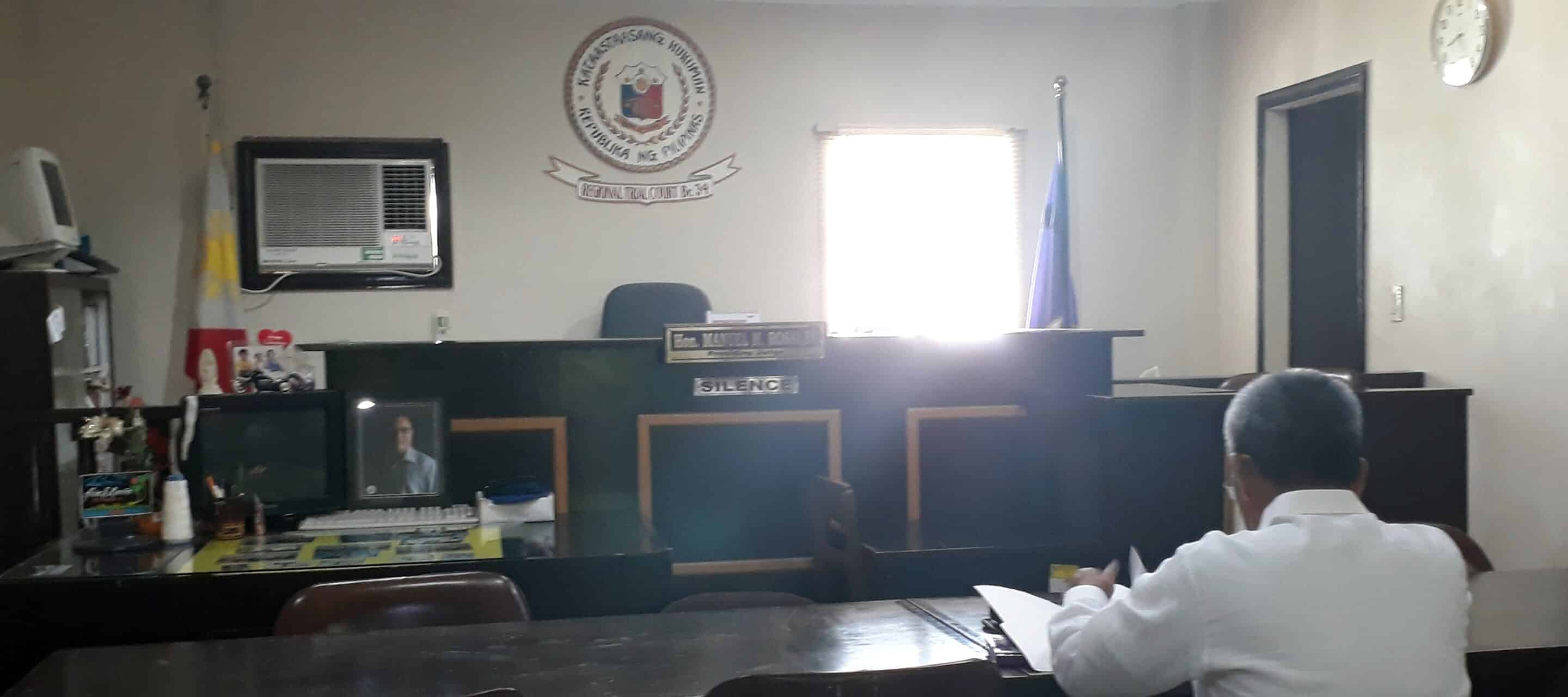
Always strictly follow your lawyer’s advice and answer consistently when it comes to answering the prosecutor’s questions
For people married without parental consent from 18 to 21 years old, you will need to file for an Annulment.
If you will be using lack of parental consent as grounds for annulment, the process stated above will be the same except you have to prove or show that your parents, guardian or person with parental authority over you did not give their consent.
If you are from 18 to 21 and are using lack of parental consent, your parent or guardian must file the case.
If you are older than 21, you can file the case but you will need to file it 5 years from when you turned 21.
If you want to end the marriage and you did not file within 5 years from when you turned 21, you cannot use lack of Parental Consent and have to use a different ground instead.
In all cases, please consult with a Family Lawyer first.
As you can see, a case can become very complicated and sometimes can be damaged. Additionally, unintended consequences such as jail time can occur.
Get the right advice so that you can avoid these outcomes.






0 Comments